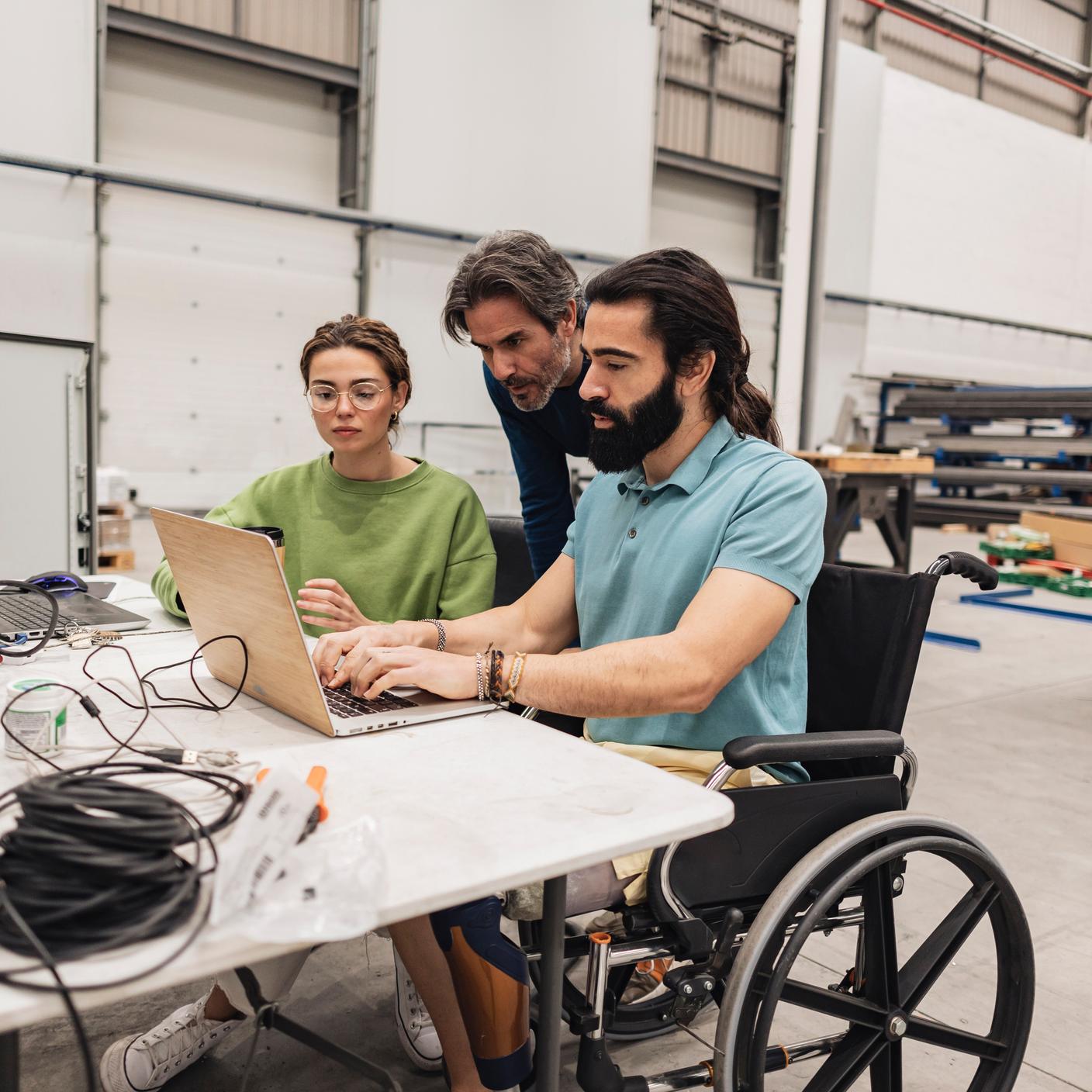Creating an ethical and inclusive society with AI
Every day, technological advancements propel us towards a smarter and more sustainable society. With the rapid pace of digital transformation, we have the potential to tackle some of the world's most significant challenges. At the forefront of this transformative journey is Artificial Intelligence (AI).
AI ethics divide opinion
AI is not a distant concept, but a reality seamlessly integrated into various aspects of our lives. While early AI chatbots were marred by inaccuracies, innovations like ChatGPT have garnered widespread acceptance. Within two months of launch, over 100 million people were already using it regularly.
Like any emerging technology, AI generates diverse opinions. While some embrace it with enthusiasm, others harbor concerns and scepticism. Leading AI experts, academics, and scientists call for a cautious approach to AI development until its risks are thoroughly understood and addressed. How can organizations leverage AI ethics to shape the desired society and foster trust in AI as a reliable tool?
Building trust is key to the success of AI
Consumers now consider a company's AI policies a crucial factor in their decision-making process. This underscores the pivotal role of digital trust in adopting significant advancements like AI.
Without rigorous ethical considerations, human biases can seep into AI outcomes. Our inherent biases, conscious or not, can taint data interpretation, potentially perpetuating existing prejudices instead of mitigating them.
Making sure that AI is inclusive
From an organizational perspective, when people come together in an environment that welcomes diversity, those different backgrounds and perspectives can be the catalyst for innovation and creativity. The same approach is a good one when you are thinking about AI ethics.
If the new technology is explored and developed carefully with consideration and used ethically, we can have an opportunity to realize positive benefits from it. There are plenty of successful cases in health, education and climate where AI has started to make a huge difference and highlighting these may help to counter concerns.
Building trust through standards
The best way for organizations to serve society is to review each technological process for inclusivity. Rather than standing back from or rejecting AI altogether, we have a great opportunity to solve some of the problems we have – but it needs to start with a baseline of trust.
We’re playing a central role in the AI Standards Hub, a United Kingdom initiative dedicated to the evolution of standards for AI. The hub’s database of AI-related standards is a great place to begin exploring standards relevant to a wide range of AI applications.
With the right due diligence, we can build confidence that AI can be a force for good for society. Through good stewardship, technology becomes our enabler – the best tool to create the society we all want to live in.


